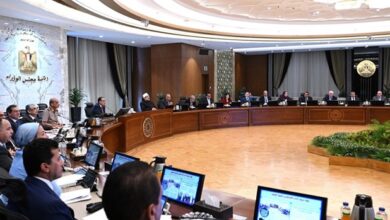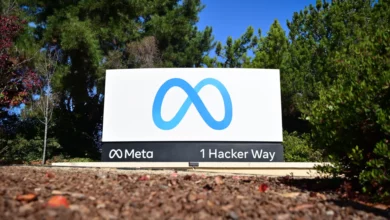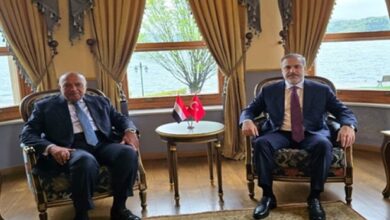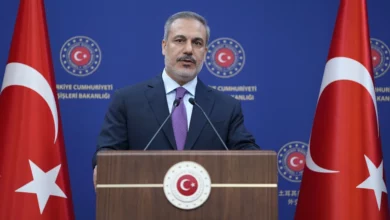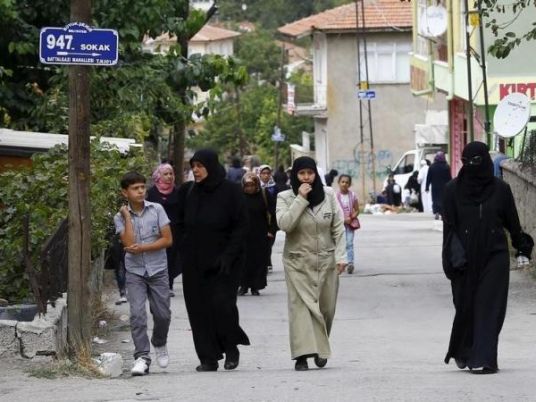
European Union negotiators have made good progress in talks with Turkey on cooperation on aiding Syrian refugees and stemming the flow of migrants to Europe, European Commission President Jean-Claude Juncker said on Wednesday.
As EU leaders gathered in Brussels for a summit that will be dominated by a dinner discussion on Turkey and Syria, Juncker said his deputy, Frans Timmermans, had called from Turkey to say there was a "prospect of success" after late-night talks there.
"It's moving in the right direction," added Juncker, who last week in Brussels presented Turkish President Tayyip Erdogan with a draft joint "action plan" for cooperation on migration.
Before leaving for a summit that diplomats say will offer Turks the prospect of easier visas for the EU, Chancellor Angela Merkel told the German parliament that Europe needed to offer better support to help Turkey deal with the influx of refugees.
"Without a doubt Turkey plays a key role," said Merkel, who will visit Ankara on Sunday. "Most war refugees that come to Europe travel via Turkey. We won't be able to order and stem the refugee movement without working together with Turkey."
But embracing Turkey and especially Erdogan presents EU leaders with dilemmas. In years of talks on Turkey joining the bloc, the EU has constantly said Ankara fails to respect human rights and many accuse Erdogan of further undermining them.
"In our neighborhood, we are not asking any more for fundamental rights after the Arab Spring," said a senior EU political leader. "We are asking for stability."
Many, notably in Berlin, doubt the wisdom of ever letting such a populous, poorer and Muslim country into the Union. Yet the EU is desperate now for Turkey's help and ready to meet some of Erdogan's demands, notably for easier travel for Turks to the EU, economic cooperation and diplomatic goodwill.
Efforts to end the division of Cyprus between the Greek-speaking state that is an EU member and the Turkish-backed one in the north are also a factor in relations. EU diplomats worry that Erdogan may use the migration crisis as added leverage.
"We understand the added value of Turkey," one said. "But we cannot give it carte blanche."
"Guarantees"
Turmoil following a bombing that Ankara blames on either Kurds or Syria-based Islamists and a snap parliamentary election on Nov. 1 that will determine Erdogan's future power are also adding to uncertainties in negotiating any deal with Turkey.
European Council President Donald Tusk, who will chair the summit from 4 p.m., said: We need … guarantees that Turkey's response to our offer will be as substantive as ours."
Pouring cold water on Turkish calls for Europe to support its proposals for "safe zones" for refugees in northern Syria, Tusk said he wanted to focus on "more realistic targets". He noted that the recent launch of Russian military action in Syria complicated matters, given Moscow's opposition to safe zones.
The EU is offering Turkey additional funding to help build facilities for the more than two million Syrians it has taken in. It is also considering easing visa conditions for Turks, at first for business travel and possibly students — though this is bound up with legal benchmarks in the EU accession process.
Diplomats say the visa issue is important for Ankara, as is a general willingness to lend Erdogan international prestige.
Draft conclusions of the summit, seen by Reuters, read:
"Successful implementation will contribute to accelerating the fulfillment of the visa liberalization roadmap. The EU and its member states stand ready to increase cooperation with Turkey within the established framework and step up their political and financial engagement substantially."

